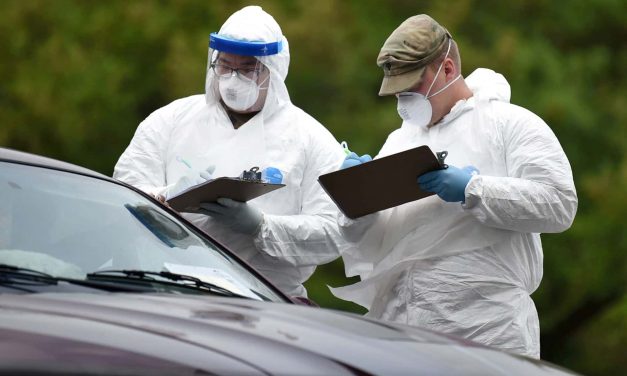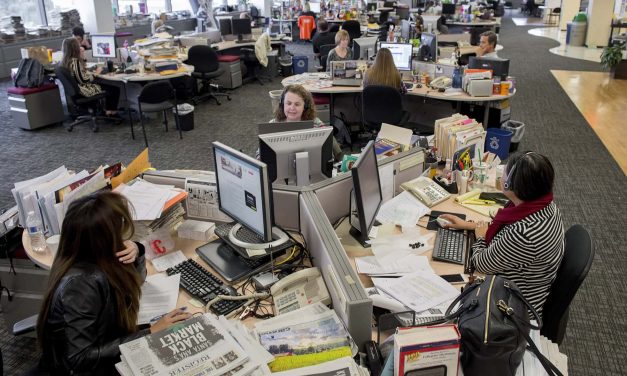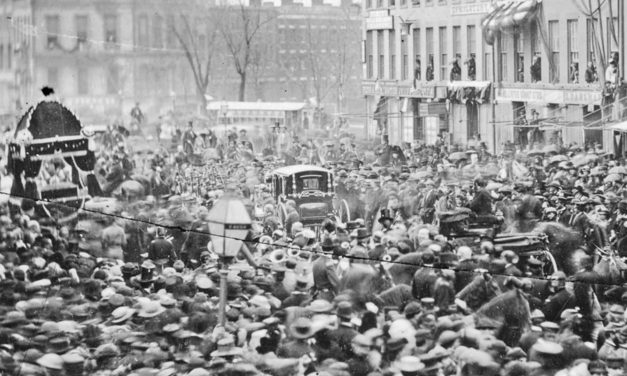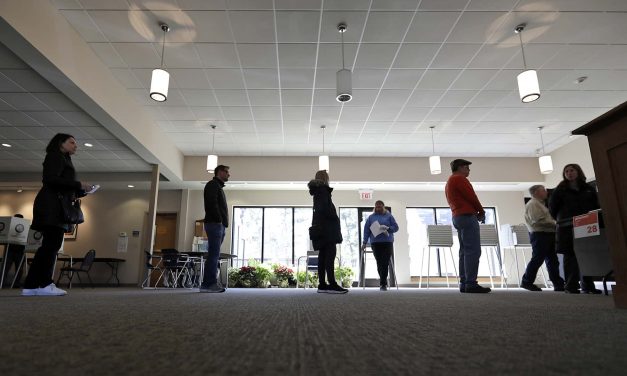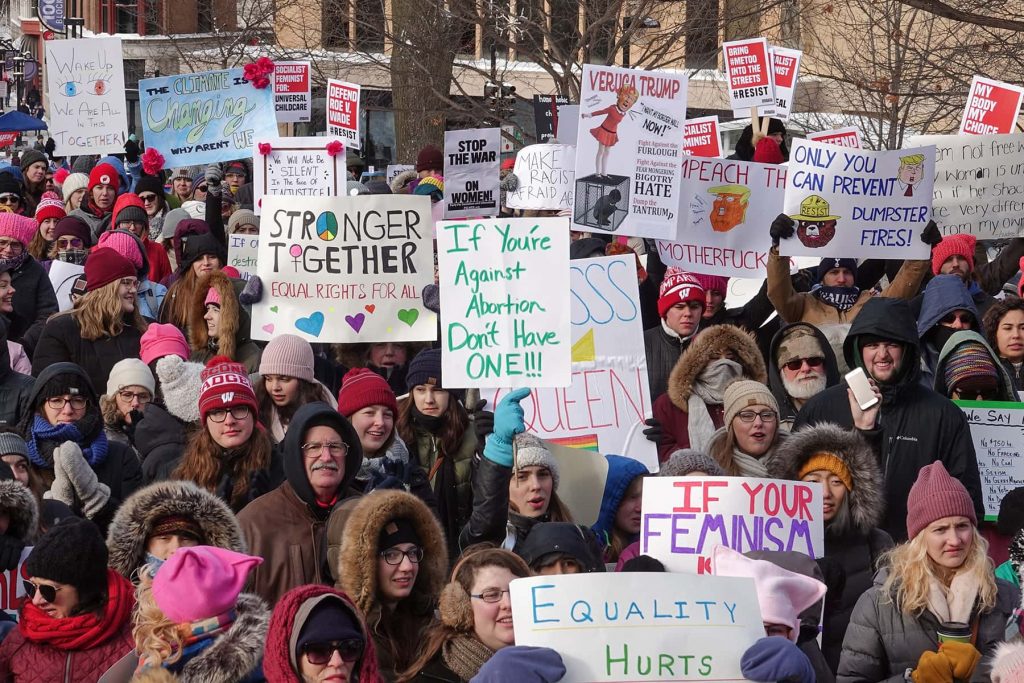State National Guard units are taking the lead in the military’s response to the coronavirus
By Dwight Stirling, Lecturer in Law, University of Southern California As a military organization divided into 50 distinct parts that can be commanded by either the president or state governors, the National Guard is perhaps the least understood branch of the U.S. armed forces. Despite its complexity – or perhaps because of it – the National Guard is taking the lead role in the military’s response to the coronavirus outbreak crisis. As many as 10,000 National Guard members have already been activated to help communities around the country, with many more expecting a call-up soon. People may know, from...
Read More
